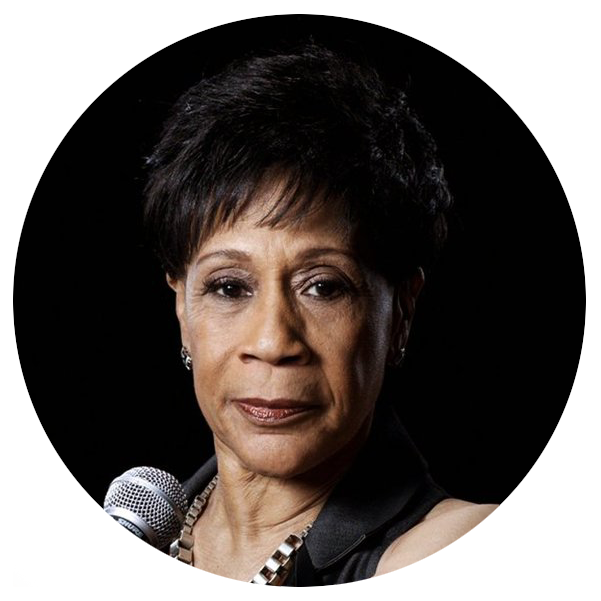
Bettye LaVette had a hit singing blues as a teenager on her first record, “My Man” on Atlantic in 1962, and though her repertoire has evolved into one of the most eclectic imaginable, blues audiences have embraced the depth and passion of her performances, no matter what she may sing. No one puts more of herself into her songs with such soul-baring drama than Bettye LaVette.
However LaVette may identify herself as a song interpreter, her life story could certainly be turned into a series of blues songs. Her autobiography, A Woman Like Me, begins with a pimp dangling her over the ledge of a 20-story building and brazenly recounts her years of struggles, catastrophes, and dashed hopes, pulling no punches about herself or anyone else. Onstage she exudes the same brash boldness.
Born Betty Jo Haskins in Muskegon, Michigan, on January 29, 1946, she was raised briefly in Pontiac and mostly in Detroit in a house where her parents sold corn liquor to a clientele that included R&B and gospel singers. She adopted the name Betty LaVett when she first recorded, later modifying the billing to Bettye LaVette. An introduction to singer, producer, and songwriter Johnnie Mae Matthews led to the hit recording of Matthews’ song “My Man,” and despite cutting many more records over the years, some of them (“Let Me Down Easy” in particular) regarded as soul classics, LaVette never enjoyed another Top Ten record. Some 45s generated chart action, but spurts of success ended in misfortune or in lack of interest or promotion by record labels, and LaVette sometimes had to take other jobs or find local club gigs to support herself. Joining the cast of the Broadway musical Bubbling Brown Sugar kept her going for several years.
LaVette’s perseverance into the new millennium finally set her on the road to widespread acclaim. Soul and blues aficionados not only sought out her old records but discovered that as a live performer she was even more exciting—even stunning. One such LaVette devotee, Kevin Kiley, brought her not only continuing support, but also wedded bliss. European labels issued a live CD and rescued a Muscle Shoals album that had been kept in the can by Atlantic. A U.S. album on Blues Express netted her a Handy Award from the Blues Foundation in 2004, and she subsequently was voted best female artist in both the contemporary blues and soul blues categories in the Blues Music Awards. Her unique adaptations of songs from country singers, British rock groups, Bob Dylan and other sources on albums for ANTI-, Cherry Red and Verve earned GRAMMY nominations in the fields of R&B, Americana, and blues. Rosebud Agency bookings, blues and soul festival appearances, performances at the Kennedy Center and the inauguration celebration for President Obama, and television guest spots brought her profile into well-deserved prominence at last.
